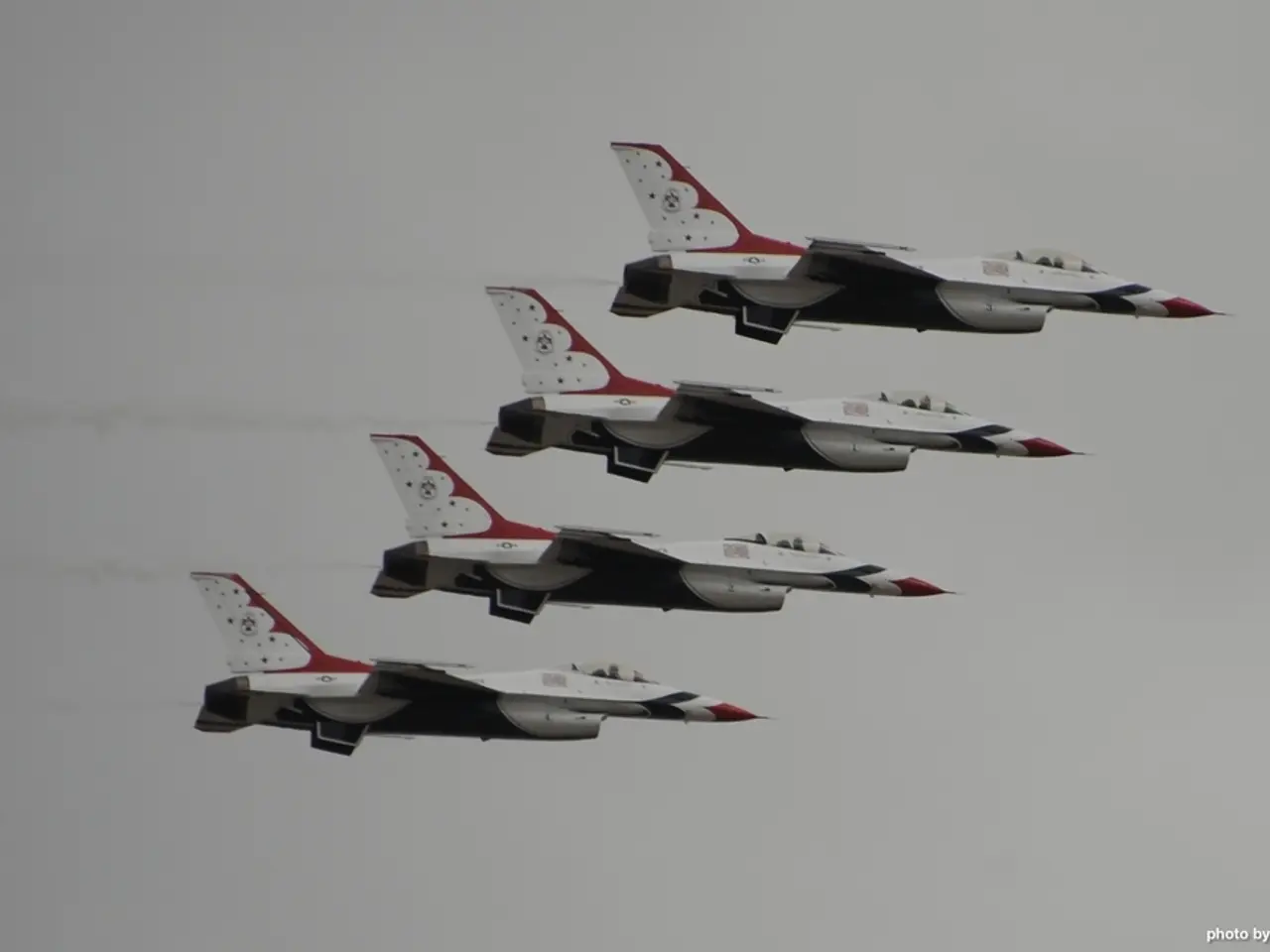Ural Region Manufactures Drones
Airburg Expands Unmanned Aerial Vehicle Production in Russia
Russian enterprise Airburg, a pioneer in aviation technology, has expanded its operations with the opening of a new production site in the Sverdlovsk region. This move is part of a strategic plan to expand the company's customer base and further develop its unmanned aerial vehicle (UAV) technology.
The new site, located in Yekaterinburg, houses a mechanical workshop and a cable harness production workshop. This expansion was supported by the Russian Ministry of Industry and Trade, which allocated over 380 million rubles to facilitate the growth. The launch of the new site has created 70 new jobs, bringing Airburg's total workforce to 670 employees, many of whom are in the 30-40 age group.
Airburg's expansion comes as it secures partnerships with major companies and organizations, including Gazprom, the EMERCOM, the Center for Emergency Medicine, and the Ministry of Natural Resources. Gazprom is developing an unmanned aerial vehicle capable of carrying a load of 120 kg for transporting gate valves used in the construction of gas pipelines.
The company's UAV production utilizes Ural metal and composite materials, with some electronics being imported. Airburg has already produced two models of unmanned aircraft. The first model, developed in 2022, can carry loads up to 3 kg and has been used for transporting medicines and firefighting in the Solnechny microdistrict. The second model, currently in the prototype stage, can carry a load of up to 20 kg.
In an effort to address a skills shortage, Airburg's management is actively trying to attract students and active youth. Six schools in Yekaterinburg will be equipped with classrooms where students can learn the basics of production, design, and testing of unmanned aerial systems. Such programs will be implemented in 17 schools in Sverdlovsk, with special classrooms appearing in schools in Novouralsk, Revda, Krasnouralsk, Berezovsky, and Serov.
The Ural Technical College "Rifey" will serve as the practical training center for these students. Airburg has also developed electronics for airplanes and helicopters, such as DA-42 and L-410 aircraft, and electronic blocks for the "Baikal" aircraft.
As of now, there is limited public information available about the specifics of Airburg's expansion plans, including production targets and future plans related to emergency services and disaster medicine centers. However, with the company's continued growth and partnerships with major organizations, it is clear that Airburg is poised to make significant contributions to the aviation industry in Russia.
Gadgets and technology are integral to Airburg's expansion plans, as the company utilizes Ural metal and composite materials, and some electronics are imported for their UAV production.
Airburg's goal to attract students and active youth is driven by the need to develop skills in production, design, and testing of unmanned aerial systems, which require gadgets and technology to operate effectively.




